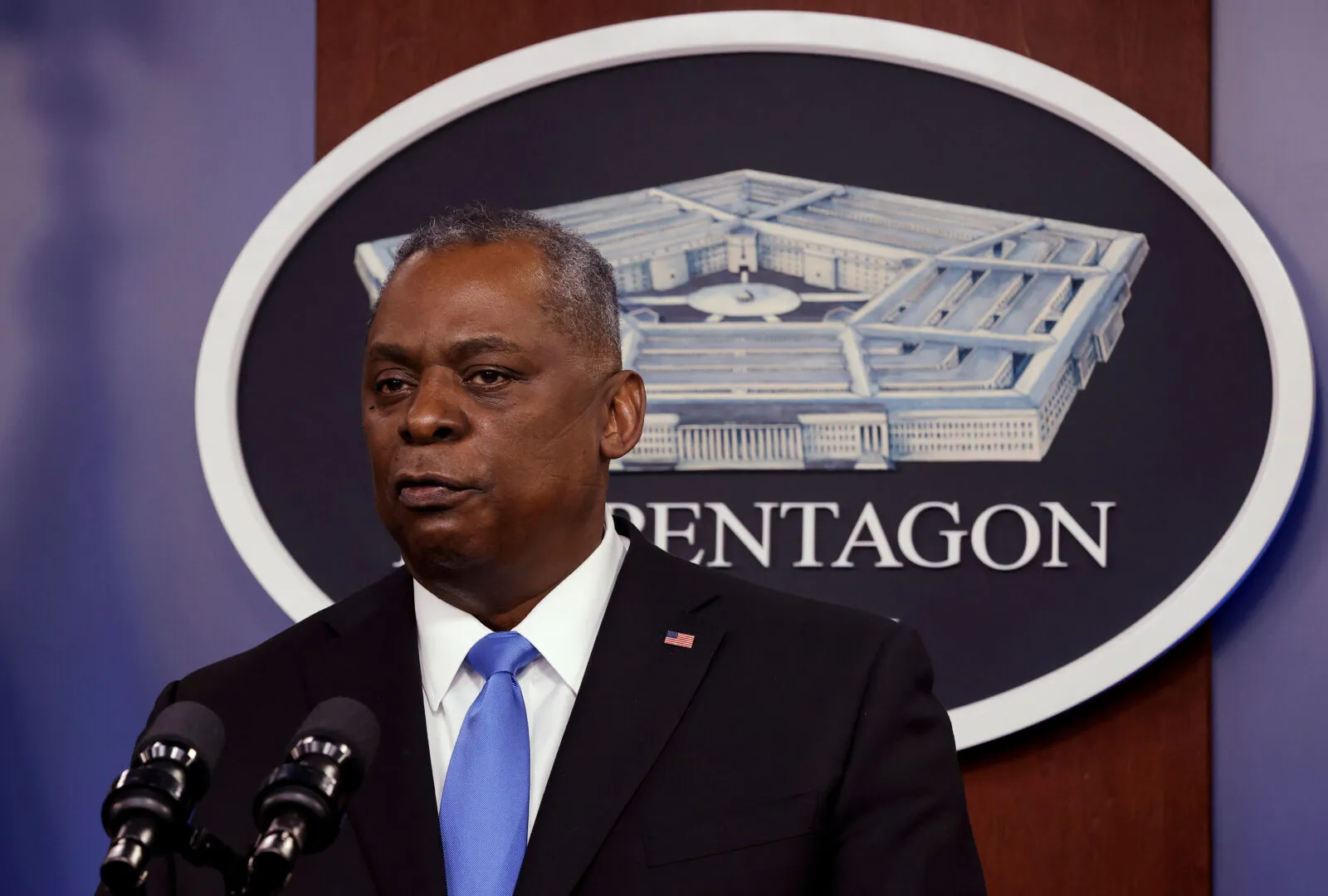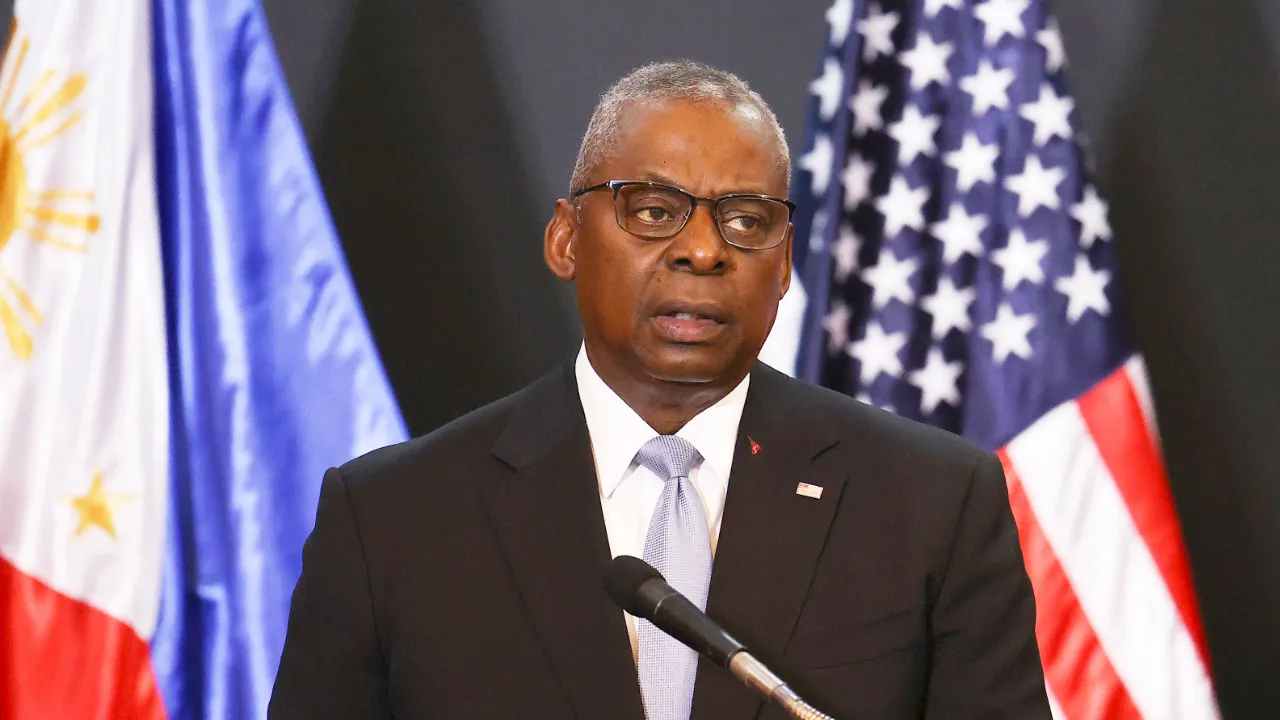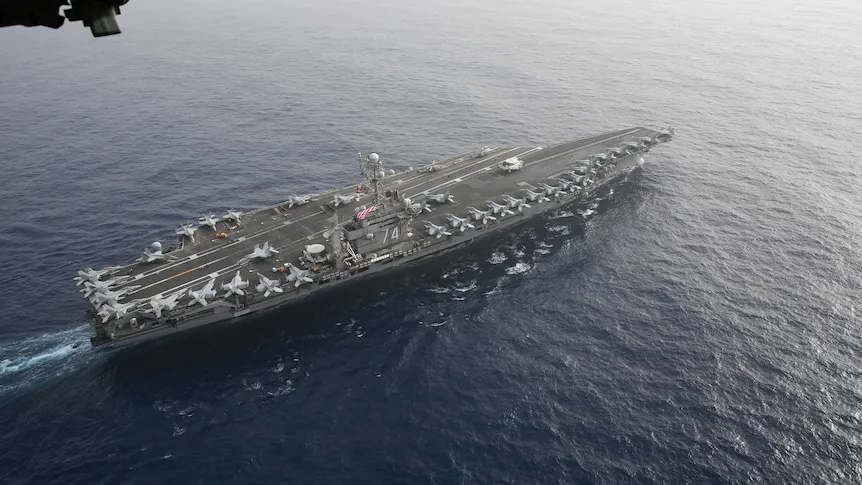U.S. Strengthens Middle East Presence Amid Iran-Backed Threat to Israel

U.S. Strengthens Middle East Presence Amid Iran-Backed Threat to Israel

The United States is ramping up its military presence in the Middle East, signaling a heightened state of alert over a possible Iran-backed attack on Israel that could occur as early as this week. Defense Secretary Lloyd Austin has ordered the deployment of a guided-missile submarine to the region and directed the USS Abraham Lincoln carrier strike group to accelerate its approach to the area. This comes as the U.S. expresses concern that Iran or its proxies may be planning an imminent strike on Israel.
These moves, announced by the Department of Defense on Sunday, are part of a broader effort by the U.S. and its allies to encourage a ceasefire between Israel and Hamas, aiming to de-escalate tensions that have been rising since the assassination of Hamas political leader Ismail Haniyeh in Tehran and a top Hezbollah commander in Beirut. The killings have sparked fears of retaliatory attacks from Iran and Hezbollah, prompting the U.S. to bolster its military posture in the region.
John Kirby, the White House National Security spokesperson, stated that Iran’s response to these incidents could occur within the week. He noted, however, that it is challenging to predict the exact nature and timing of any potential attack by Iran or its proxies. “The President is confident that we have the capabilities to defend Israel if necessary,” Kirby said, emphasizing that “no one wants to see this happen.”
Pentagon Press Secretary Brigadier General Pat Ryder confirmed that Austin had discussed the situation with Israeli Defense Minister Yoav Gallant, reiterating the U.S. commitment to Israel’s defense. Ryder also highlighted the increased U.S. military presence across the Middle East amid the escalating regional tensions.
In a joint statement, the leaders of the U.S., U.K., France, Germany, and Italy urged Iran to halt its threats against Israel, warning of severe consequences for regional security should such an attack occur. German Chancellor Olaf Scholz, during a phone call with Iranian President Masoud Pezeshkian, expressed deep concern over the potential for a regional conflict in the Middle East. Similarly, British Prime Minister Keir Starmer urged Pezeshkian to refrain from any aggressive actions.
Vatican Secretary of State Cardinal Pietro Parolin also communicated with Pezeshkian, stressing the need to avoid further escalation in the already critical situation.

The USS Abraham Lincoln, previously stationed in the Asia-Pacific region, has been redirected to the Middle East to replace the USS Theodore Roosevelt carrier strike group, which is set to return from the region. Last week, Austin mentioned that the Lincoln would arrive in the U.S. Central Command area by the end of the month. However, the latest orders suggest the Lincoln might reach the Middle East sooner than initially planned. The carrier is equipped with F-35 fighter jets, alongside F/A-18 fighters.
Details on the arrival of the USS Georgia, the guided-missile submarine, remain undisclosed.
Austin and Gallant also discussed Israel’s military operations in Gaza, emphasizing the importance of minimizing civilian casualties. This conversation follows a deadly Israeli airstrike on a school sheltering civilians in Gaza, resulting in at least 80 deaths and nearly 50 injuries, marking one of the deadliest incidents in the ongoing 10-month conflict between Israel and Hamas.






